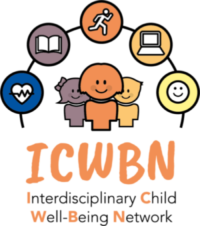Project leaders
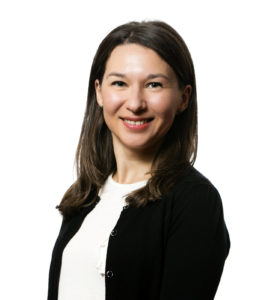
Dr Yekaterina (Kat) Chzhen, Assistant Professor at the Department of Sociology at Trinity College Dublin, Irish PI of the ICWBN project
I study socio-economic inequalities across the life course using international comparisons, longitudinal research and quantitative methods. My current research focuses on the relationship between macroeconomic conditions, social policies, intra-household resources and dynamics and children’s outcomes in education, health and life satisfaction over time. Within the ICWBN project, I will investigate the social and economic consequences of the COVID-19 crisis for children and young people, building on my previous research on the impact of the Great Recession on child poverty in rich countries. I tweet from @kat_chzhen.
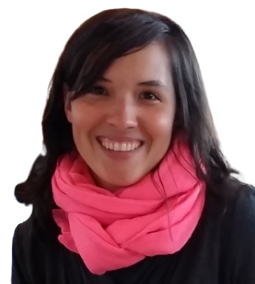
Dr Julia Mikolai, Senior Research Fellow at the School of Geography and Sustainable Development, University of St Andrews, UK PI of the ICWBN project
My research focuses on socio-economic and ethnic inequalities in demographic behaviour, such as fertility, partnership formation and dissolution, residential mobility, and housing. I use large scale, longitudinal surveys and longitudinal methods. My work on child outcomes and COVID are relatively recent. I am PI on an ESRC-funded PhD project on family complexity and child outcomes and I have published a paper on the effects of COVID on household-level vulnerabilities. Within the ICWBN project, I will study the consequences of the COVID-19 crisis for children’s educational and mental health outcomes. I tweet from @j_mikolai.
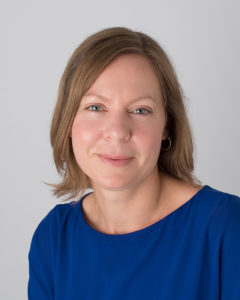
Dr Jennifer Symonds, Associate Professor, School of Education, University College Dublin, Irish Co-PI of the ICWBN project
I am a lifespan developmental psychologist of children and young people’s engagement and well-being. Our Engagement in Learning, Schools and Societies research lab (www.elsslab.com) seeks to explain how and why people engage in activities (such as school, volunteering, environmental sustainability, working), and how their experiences of those activities influences their wellbeing and future engagement. In the ICWBN network my goal is to strengthen partnerships between academics, youth services, industry, and advocacy groups, to enhance the scope and quality of research on the impact of COVID-19 on children’s wellbeing. I tweet from @Jenny_Symonds.
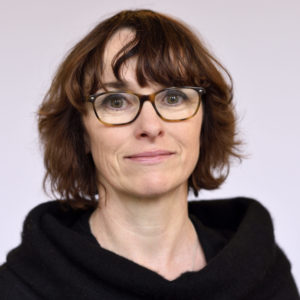
Professor Susan Harkness, Professor of Public Policy, University of Bristol, UK Co-PI of the ICWBN project
I am Professor of Public Policy and Director of the Centre for Poverty and Social Justice at the University of Bristol, visiting professor at the Centre for Analysis of Social Exclusion at the London School of Economics, and co-investigator and research lead for labour markets and institutions at the ESRC funded MiSoc research centre. My research focuses on how gender and family structure relate to inequality and poverty. I have investigated gender pay gaps, single parents employment and earnings, child poverty and how family structure affects economic opportunities and child outcomes.
Core network members
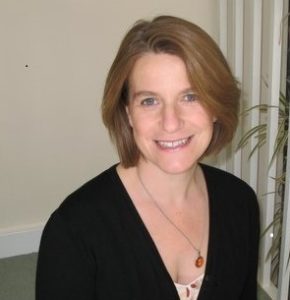 Professor Ann Berrington, Professor of Demography and Social Statistics, University of Southampton
Professor Ann Berrington, Professor of Demography and Social Statistics, University of Southampton
I co-lead the Fertility and Family strand of the ESRC Centre for Population Change (CPC). My research interests concern transitions to adulthood, partnership and family formation and dissolution, and how these are associated with socio-economic inequalities across the life course. Currently I am working on projects examining how COVID-19 is affecting family relationships, intergenerational co-residence, and decisions re childbearing. I tweet as @AnnBerrington.
 Professor Jonathan Bradshaw, Emeritus Professor, Department of Social Policy and Social Work, University of York
Professor Jonathan Bradshaw, Emeritus Professor, Department of Social Policy and Social Work, University of York
My main research is on child poverty and child well-being, much of it comparative and quantitative. I am a PI on the Children’s Worlds survey of child well-being in 40 countries (in the last round) which included England and Wales but not Ireland. Children’s Worlds is launching a new child based survey of the impact of Covid on child well-being which includes neither England nor Ireland at present.
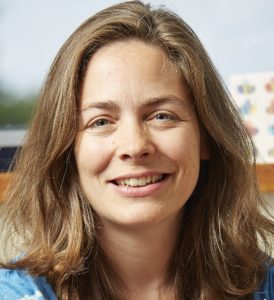 Cathy Creswell, Professor of Developmental Clinical Psychology, Departments of Psychiatry and Experimental Psychology, University of Oxford
Cathy Creswell, Professor of Developmental Clinical Psychology, Departments of Psychiatry and Experimental Psychology, University of Oxford
I lead The Oxford Psychological Interventions in Children and adolescents (TOPIC) research group which focuses on improving access and effectiveness of psychological interventions for the prevention and treatment of common mental health problems (particularly but not exclusively anxiety disorders) in children and young people. During the COVID-19 pandemic we have run a number of studies to describe and respond to the mental health needs of children, young people, and families, including the CoSPACE survey, the CoRAY knowledge mobilisation project, and two randomised controlled trials (more details here and here) to evaluate digital interventions to support parents. I am the director of the UKRI Emerging Minds Network Plus, a cross-disciplinary and cross-sector network that aims to facilitate research that has the potential to reduce the prevalence of mental health problems in children and young people. I tweet from @Cathy_Creswell but please also follow @topic_group and @EmergingMindsUk.
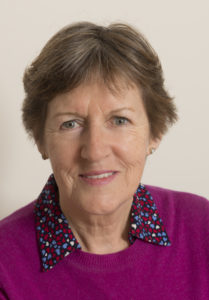
Professor Mary Daly, Professor of Sociology and Social Policy, Department of Social Policy and Intervention, University of Oxford and a Governing Body Fellow of Green Templeton College Oxford
Most of my work is comparative, in a European and international context. Substantively, I am interested in and have published widely on the social policy areas of child welfare, long-term care, family policy, gender inequality, and poverty and welfare. My latest book is Gender Inequality and Welfare States in Europe (Edward Elgar, 2020). My previous books include: Welfare and the Great Recession (edited with S. Ólafsson, O. Kangas and J. Palme (Oxford University Press, 2019); Families and Poverty: Everyday Life on a Low Income (co-authored with G. Kelly, Policy Press, 2015); Welfare (Polity Press, 2011); Gender and the Welfare State (co-authored with K. Rake) (Polity Press 2003). My research has been supported by the Economic and Social Research Council, the EU, ILO, Council of Europe, UNWomen and UNICEF.
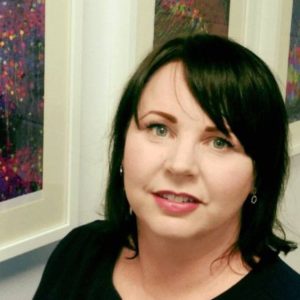 Dr Samantha Dockray, Senior Lecturer in Psychobiology, School of Applied Psychology, University College Cork
Dr Samantha Dockray, Senior Lecturer in Psychobiology, School of Applied Psychology, University College Cork
I am a psychobiologist, interested in the interactions between physiological and psychosocial processes that occur during childhood and adolescence, especially during puberty, and in relation to stress. My work has a core focus on seeking to understand how biology influences emotions and behaviour, for example the effects of hormones on mood, and how, in turn, experiences influence biology, for example how allostatic load emerges during adolescence. In the ICWB Network, my aim is to contribute to efforts to examine and highlight the interactive relationships between biological and psychosocial processes as they relate to children’s wellbeing. I tweet from @SamanthaDockray, and the research and community projects I participate in are described at beats-lab.com.
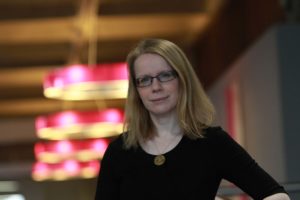
Dr Orla Doyle, Associate Professor, School of Economics, University College Dublin
The core focus of my research is the economics of human behaviour and understanding socio-economic inequalities in children’s health and development. I lead a large research programme dedicated to evaluating the effectiveness of early childhood intervention programmes. For the last 12 years I have been managing ‘Preparing for Life’ which is the longest running experimental pregnancy to age five intervention programme in Europe. I am currently the Director of the UCD Childhood and Human Development Research Centre. Within the ICWBN network, I will examine the role of COVID-19 in exacerbating inequalities in children’s health and well-being. I tweet from @orladoyle_econ.
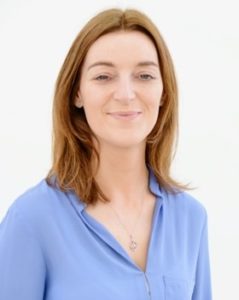 Dr Amanda Fitzgerald, Associate Professor in Youth Mental Health, School of Psychology, University College Dublin
Dr Amanda Fitzgerald, Associate Professor in Youth Mental Health, School of Psychology, University College Dublin
I am an active researcher in the youth mental health field. I co-founded the UCD Youth Mental Health Lab to promote research in youth mental health. My main research area focuses on early intervention for youth mental health, including risk and protective factors of young people’s mental health and investigating the role of digital technologies in mental health. I was postdoctoral researcher for My World Survey 1 (2012) and co-investigator for My World Survey 2 (2019), studying risk and protective factors of mental health among young people aged 12-25 years old. The My World Survey is a collaboration between UCD and Jigsaw – The National Centre for Youth Mental Health. Current programmes of research are funded by the Irish Research Council and the National Children’s Research Centre. I am Co-PI of the Mood Movement research network, an ESCR funded project exploring new and emerging technologies for improving young people’s mental health. Twitter: @amandafitzy /@YMHlabUCD.
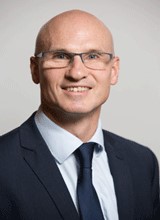 Professor Richard Layte, Professor of Sociology, Department of Sociology, School of Social Sciences and Philosophy, Trinity College Dublin
Professor Richard Layte, Professor of Sociology, Department of Sociology, School of Social Sciences and Philosophy, Trinity College Dublin
Much of my work stems from a core interest in the structure of social and economic stratification in modern societies and its impact on individual life-chances, health and well-being. My research examines the fundamental processes which influence the distribution of health and well-being in societies and how these are shaped by political economy and the structure and functioning of health care systems. I have a particular interest in improving understanding of how family background influences child health and development and the impact this has on the child’s educational outcomes, adult health and life expectancy. I have a keen interest in the intersection of social, psychological and biological science and work with colleagues across a range of disciplines. This is most evident in recent work for the LIFEPATH Project. I firmly believe that academic research should be used to improve individual and societal welfare by contributing to the development of public policy. I tweet from @LayteRichard.
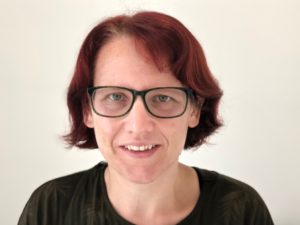
Dr Gill Main, Associate Professor in Childhood Studies, School of Education, University of Leeds
My research focuses on child poverty, social exclusion, and well-being. I am particularly interested in how children’s and young people’s perspectives can be better integrated into how we conceptualise, define and measure these issues.
 Bertrand Maître, Senior Research Officer, Economic and Social Research Institute (ESRI)
Bertrand Maître, Senior Research Officer, Economic and Social Research Institute (ESRI)
I hold an adjunct research position at Trinity College Dublin (TCD) and I am a joint co-coordinator of Social Inclusion and Equality Research at the ESRI. My current research focuses on poverty and inequality, social exclusion and income distribution as well as on quality of life. I have published on these topics about Ireland but also from a European comparative perspective.
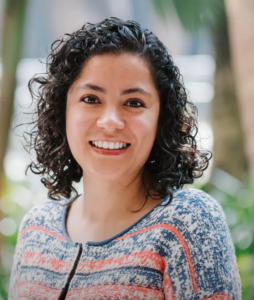
Dr Gabriela Martínez Sainz, Ad Astra Fellow and Assistant Professor, School of Education, University College Dublin
I am researching and teaching on Children’s Rights, Global Citizenship and Education for Sustainable Development. My overarching research interest is understanding how key elements essential for global, plural and sustainable societies – such as sustainability, human rights and citizenship – are taught and learnt. My latest research focuses on the teaching and learning processes of the target 4.7 of the SDGs in digital spaces to better understand the role technologies can play in education. I tweet from @gmsainz.
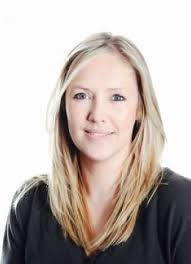
Dr Jennifer McMahon, Lecturer in Psychology, Department of Psychology, University of Limerick
I am the director of the i-TEACH (Teaching for Inclusion) research lab and we explore topics relevant to child and youth mental health, especially in school settings. In the ICWBN, I am interested in exploring the impact of the COVID-19 on families, children and adolescents, and especially how schools can employ social emotional learning strategies for students post COVID-19 to promote recovery and thriving. Since March 2020 I have led CoSPACE Ireland, a study linked to CoSPACE UK led by Professor Cathy Creswell and Dr Polly Waite, University of Oxford, which seeks to explore the impact of COVID-19 on young people and their families. I tweet from @jennytalkspsych and @cospaceireland.
 Dr Birgitta Rabe, Reader in Economics, Institute for Social and Economic Research, University of Essex
Dr Birgitta Rabe, Reader in Economics, Institute for Social and Economic Research, University of Essex
My research areas are education, health, family and labour economics. I am interested in the determinants and effects of human capital investments by parents, young people and the public sector and how these investments interact. Most of my work relies on quasi-experimental identification strategies and typically uses large, linked data sets. I am Co-Investigator of the ESRC Research Centre on Micro-social Change and of Understanding Society, the UK Household Longitudinal Study. I currently lead two COVID rapid response projects. One looks at the effect of school closures on parent and child outcomes including labour supply, family finances and mental health. The other investigates gaps in educational inputs during the COVID pandemic and how they interact, as well as the effect of COVID on grade outcomes and university participation. I tweet from @rabe_b.
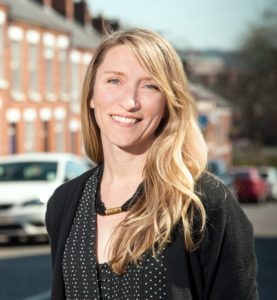 Dr Laura K Taylor, Assistant Professor, School of Psychology, University College Dublin and Reader, School of Psychology, Queen’s University Belfast
Dr Laura K Taylor, Assistant Professor, School of Psychology, University College Dublin and Reader, School of Psychology, Queen’s University Belfast
My research investigates the impact of political violence on young people and their communities using innovative and advanced methods. Challenging the narrative that youth are either victims or perpetrators of political violence, I study how conflict-affected youth may also make positive contributions to society. I focus on promoting youth peacebuilding across cultures and levels of the social ecology, teasing apart the specificity and commonality in risk and resilience processes, with a focus on prosocial behaviours. As PI of the Helping Kids! lab, I collaborate in Northern Ireland, Macedonia, Kosovo, Colombia, Croatia, Ireland, Israel, South Korea, and Taiwan. I tweet from @lauraktaylorPHD, @HelpingKidsLab and @PAC_journal.

Professor Trevor Spratt, Professor in Childhood Research, Trinity College Dublin
I am Director of the Trinity Research in Childhood Centre. Having worked for some 10 years in social work practice with children and families my research interests are in this area. These include, decision making by professionals, how policy objectives are translated into professional practises, the development of child protection systems internationally, and the impact of early adversities in childhood as realised across the life-course.
This project was funded by UK Research and Innovation-Economic and Social Research Council and the Irish Research Council under the ‘ESRC-IRC UK/Ireland Networking Grants’.


